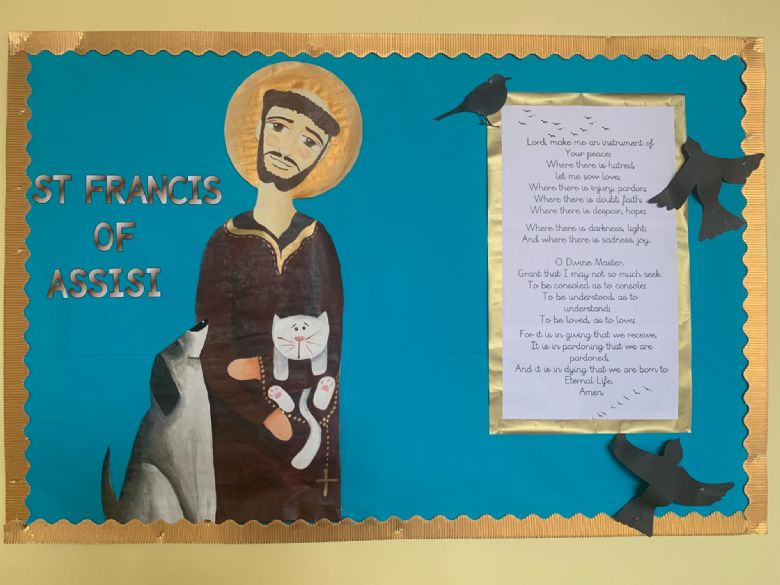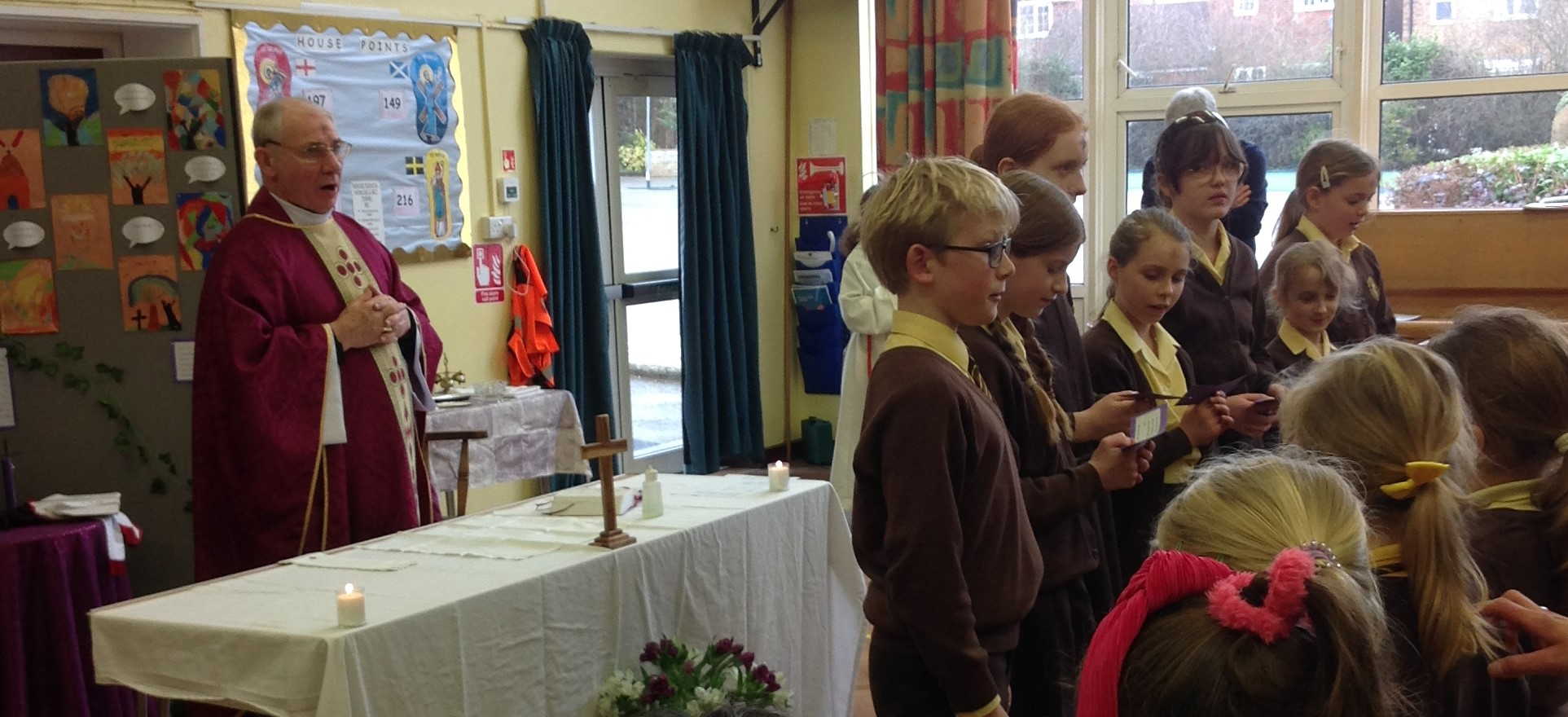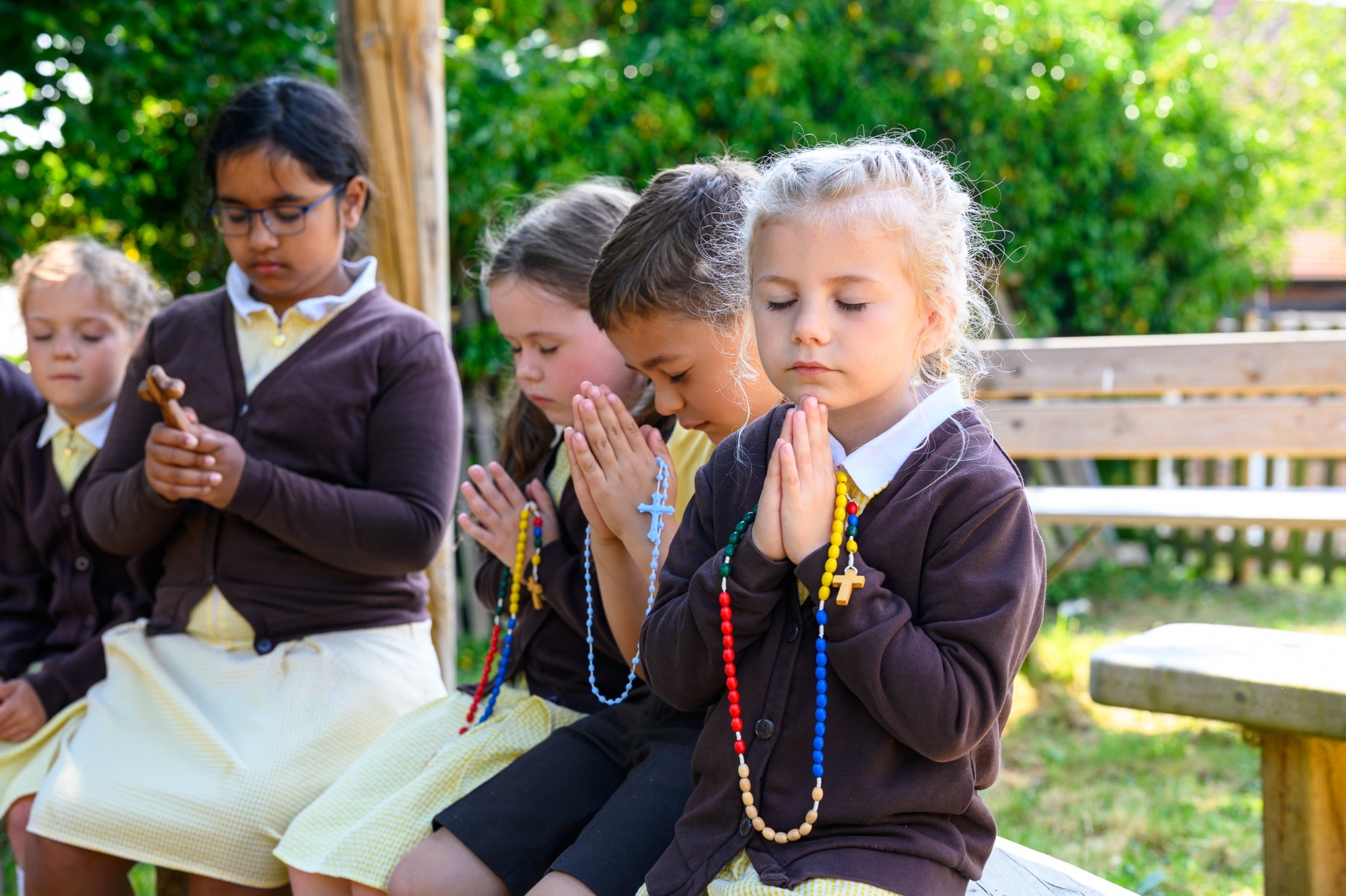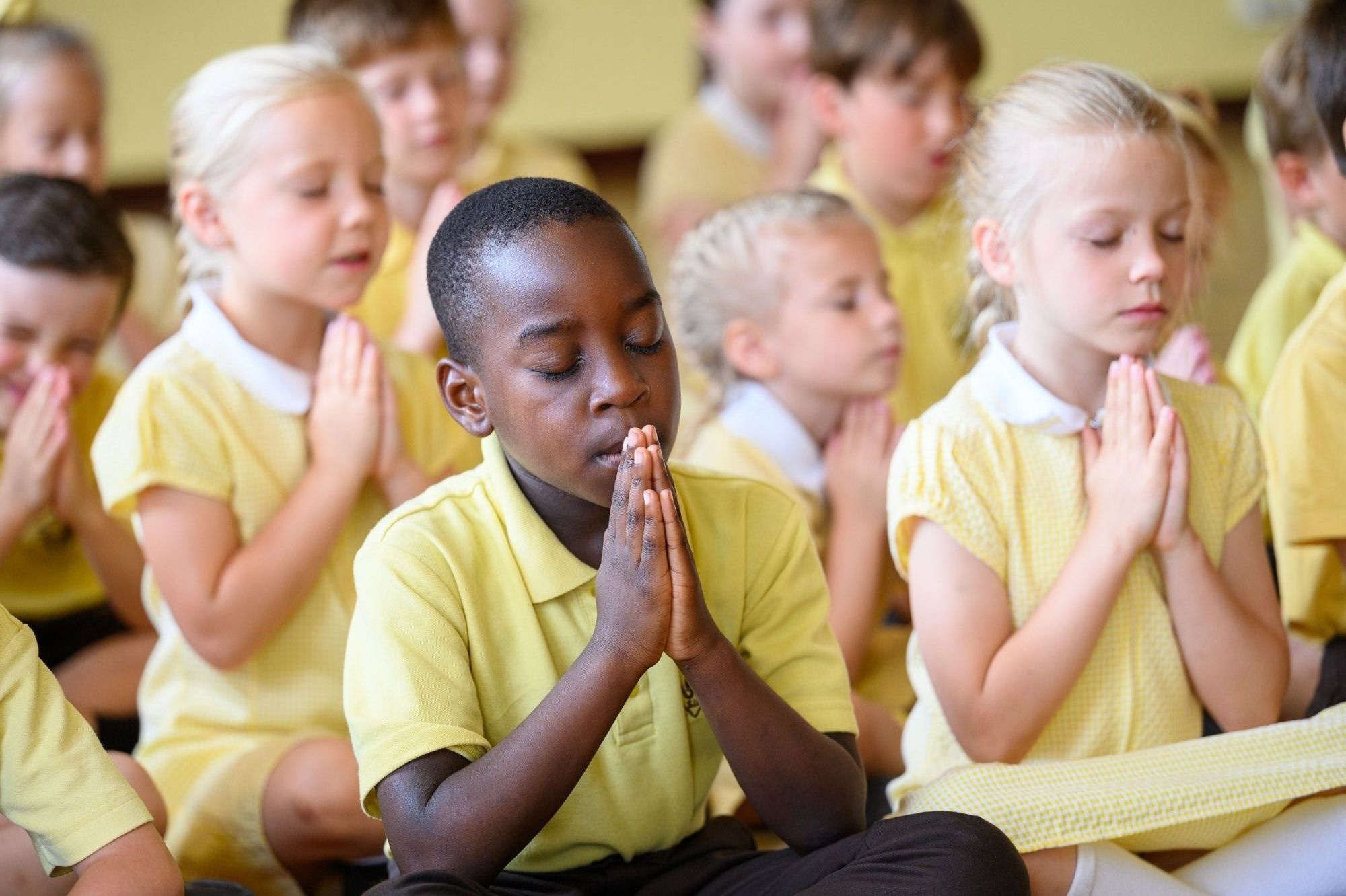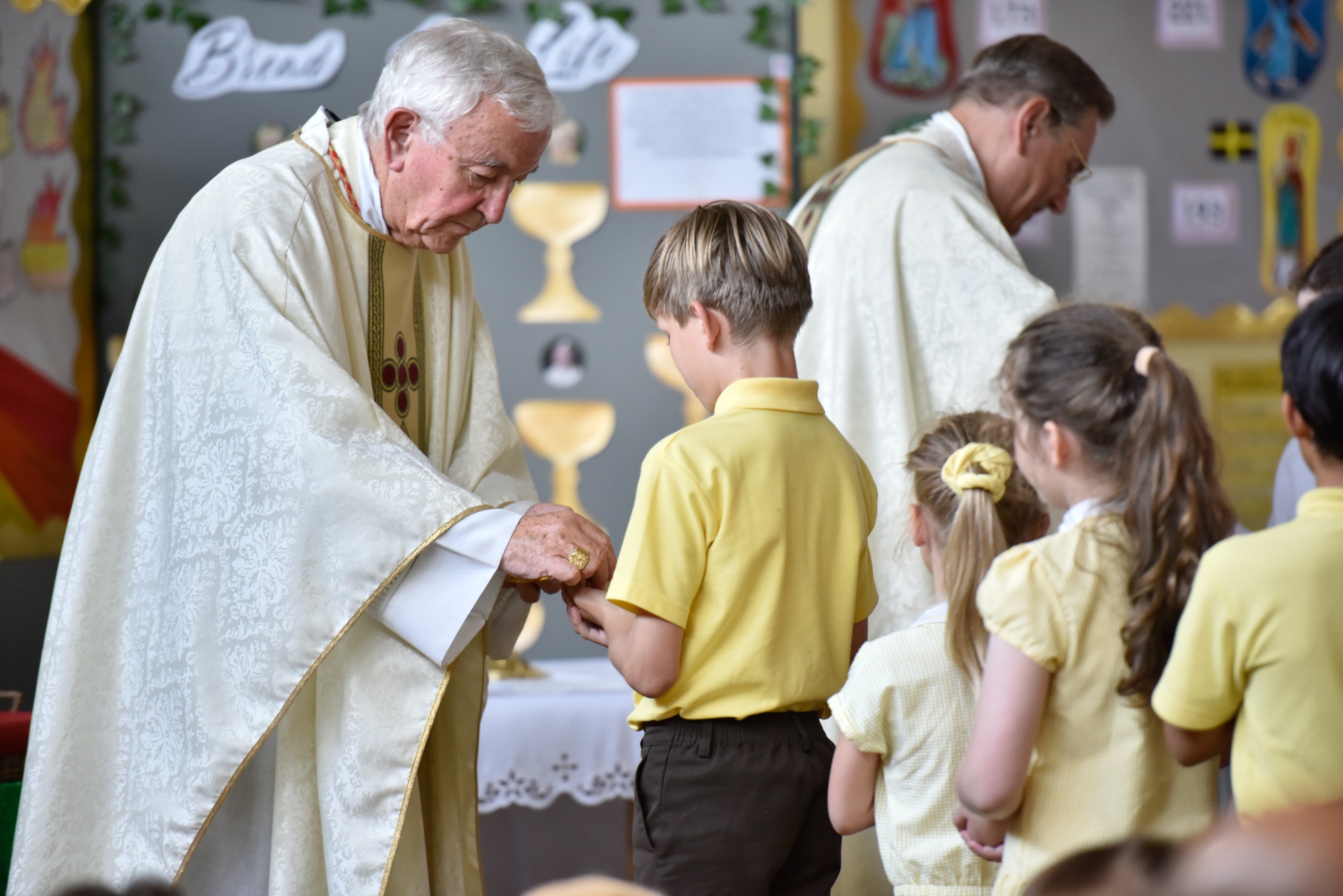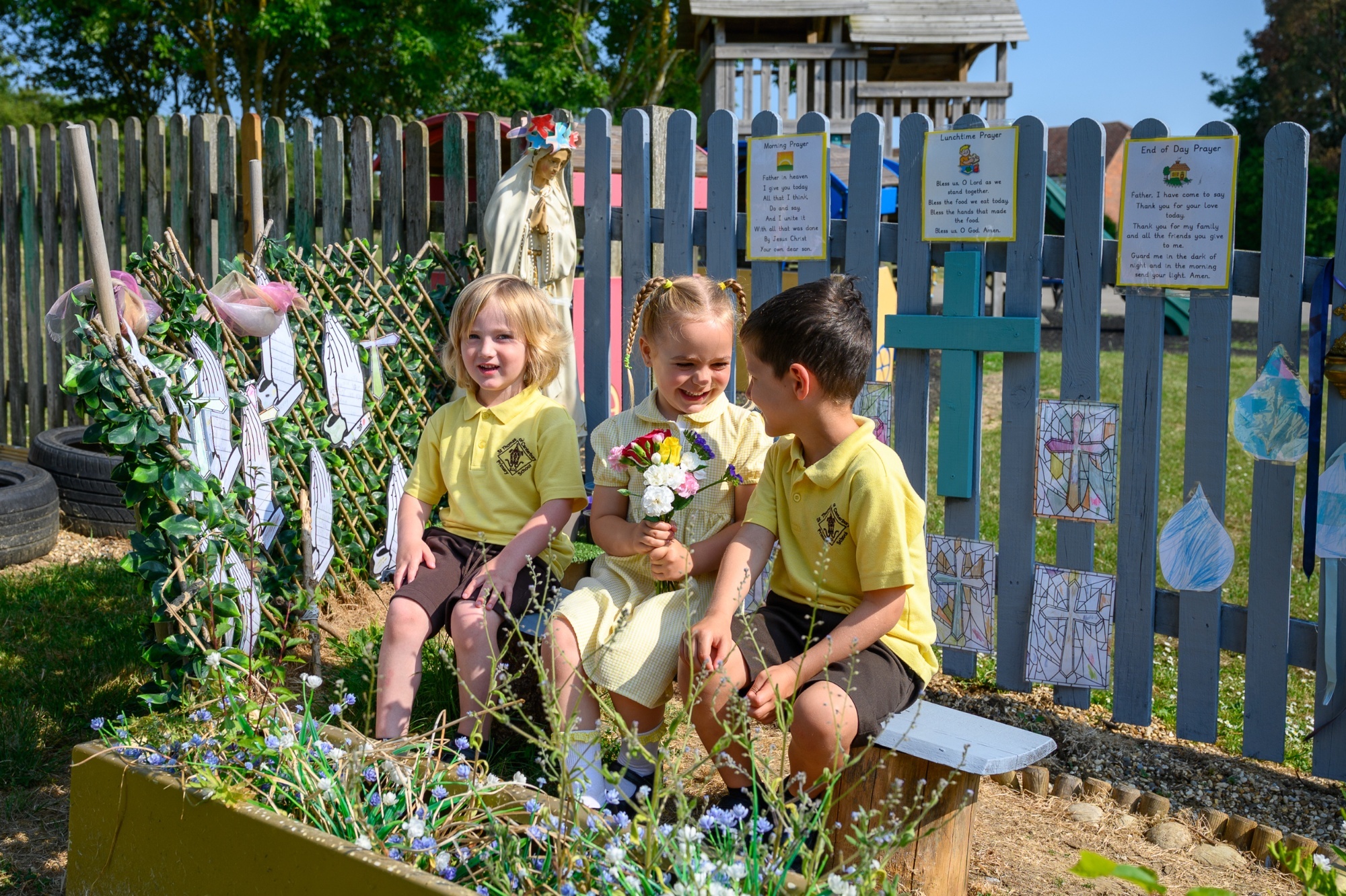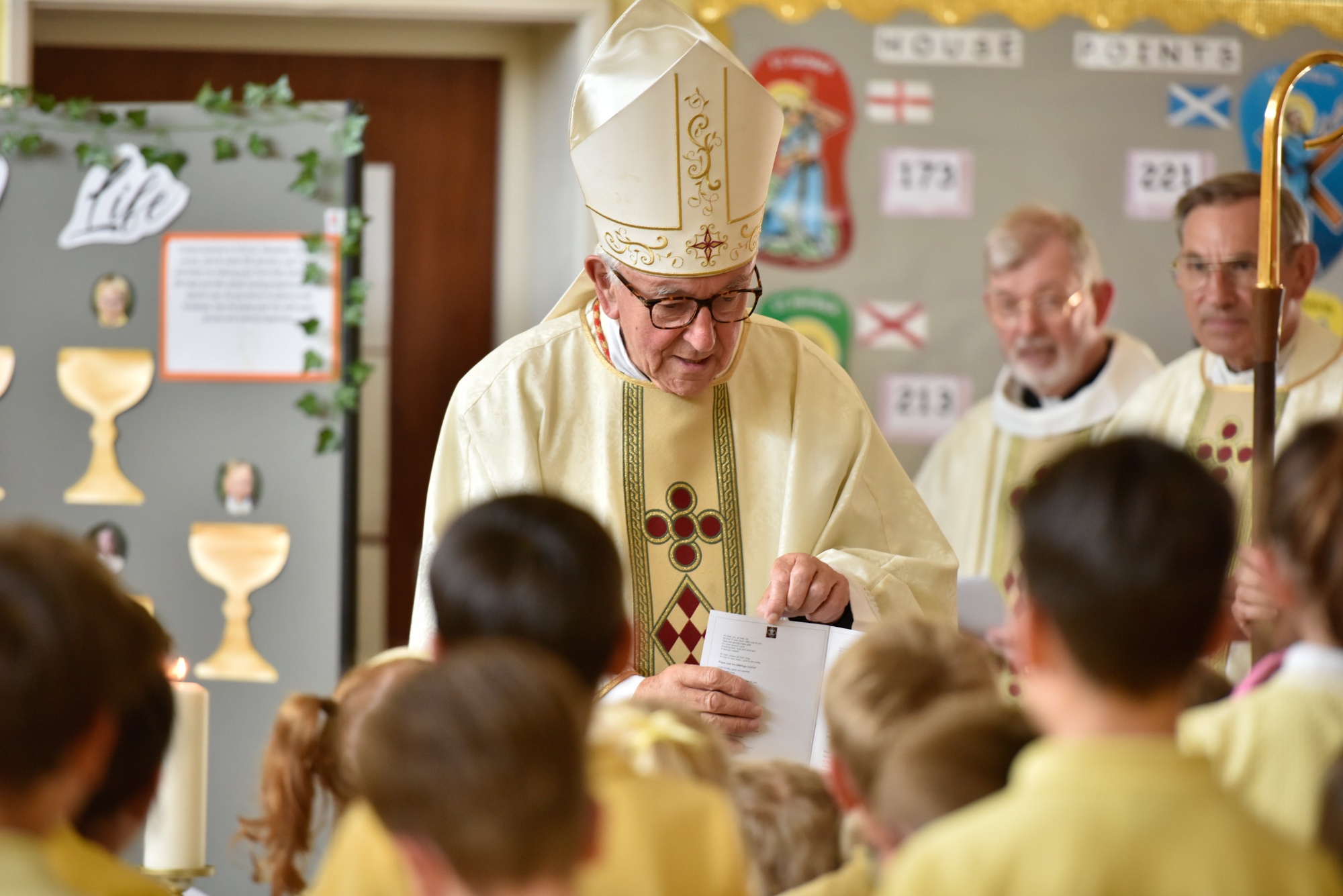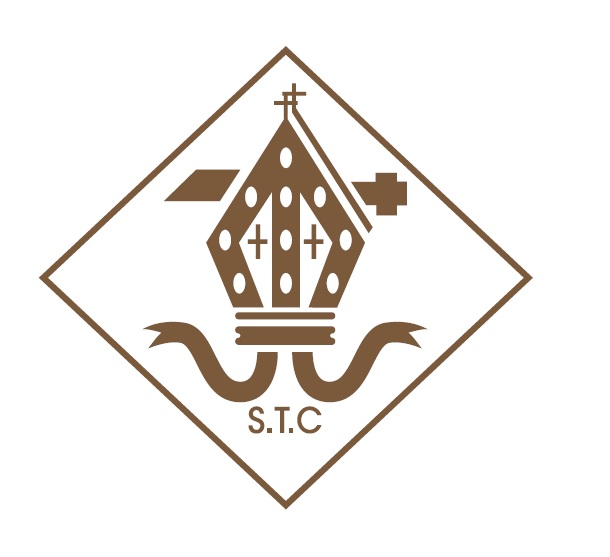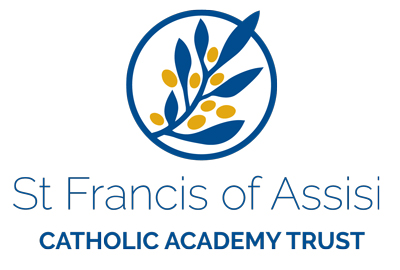Catholic Social Teaching
'Little children, let us not love in word or talk but in deed and in truth.' 1 John 3:18 (ESV)
What is Catholic Social Teaching?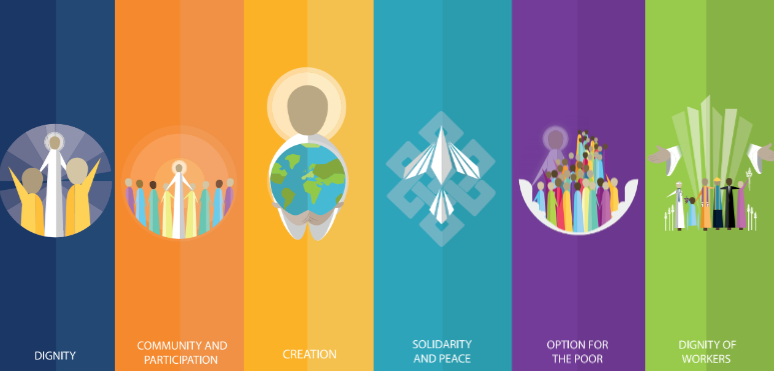

Catholic Social Teaching (CST) is based on a tradition of episcopal and papal writings on political, economic and social issues facing our time. CST provides us with a structure on how to encompass and apply these reflections to our daily lives. More importantly, it guides us on how we should respond to our faith as individuals, and actively respond to God’s call to work towards a common good.
An essential part of the Catholic faith, the key values of Catholic Social Teaching are found at the core of the Gospel. The key themes of CST are:
- Dignity: Each of us is made in God’s image. Every person has an innate human dignity no one can take away. God said, ‘Let us make human-kind in our image, according to our likeness.’ Genesis 1:26
- Community & Participation: We live in community with others, growing together. We are called to be active participants in all that we do. We have a responsibility to be inclusive so that we allow all people to participate. When each separate part works as it should, the whole body grows and builds itself up through love” Ephesians 4:16
- Creation: Stewardship is all about caring for the many gifts that God has given to us. These include our environment, our own talents and other resources. All living things are connected so we must use God’s gifts responsibly to meet the needs of everyone, now and in the future. ‘The Lord God took the man and put him in the garden of Eden to till it and keep it.’ Genesis 2:15.
- Dignity of Workers: Catholic Social Teaching holds that work is dignified and an intrinsic good, and workers must always be respected and valued. The state has also the duty to protect the rights of all its people, and particularly of its weaker members, the workers, women and children. Work must be undertaken responsibly, and labour treated well, this includes how we approach the work we do, what it is we do with our work and how employers treat their employees. 'The hardworking farmer should be the first to receive a share of the crops. ' Timothy 2:6
- Option for the Poor: A preferential option for the poor means that we think first about the needs of those who are the most vulnerable. Jesus taught that when we feed the hungry, welcome the stranger, clothe the naked, look after the sick and visit those imprisoned, we are looking after Him. ‘Learn to do good; seek justice, rescue the oppressed, defend the orphan, plead for the widow.’ Isaiah 1:17
- Solidarity & Peace: Being in solidarity is recognising others as our brothers and sisters and actively working for their good. We are connected to people and places all over the world. 'All of you are one in Christ Jesus.’ Galatians 3:28. Peace is not just the absence of war. It is part of God’s nature, and a value we should all seek to live out in our daily lives. Peace comes from both justice and love and is dependent upon people understanding one another. ‘...those who promote peace have joy.’ Proverbs 12:20
Volunteering is at the very heart of CST. Volunteering is a form of vocation or calling by God to use our gifts for the benefit of the common good, be it for our local community, or more broadly within the world. It forms part of our response to God’s plan for each of us – volunteering puts that plan into action.
Each half-term we have a whole school focus on one of the six themes based on the Caritas 'Rooted in Love' Resource. This includes a whole school assembly and differentiated lessons for each class that help us deepen our understanding around each theme.
Caritas Rooted in Love Resource
